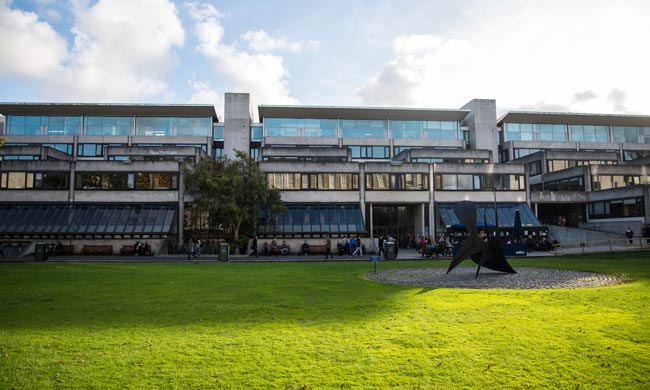The second semester brings with it an inevitable combination of excitement and stress. As a final year student, I have never been so acutely aware of the weekly countdown that marks off my various last days and deadlines. And of course the key deadline that looms in Hilary term is the dreaded dissertation.
It is a mammoth document that is the pinnacle of your degree. It is a task that encapsulates all of the learning and knowledge gleaned across your undergraduate. It is an advanced piece of work to showcase your improved intellect. It is also, in my case, about Narnia and Neverland.
So perhaps the level to which I am hyping up the work and intensity of it seems disproportionate. Admittedly, I would be inclined to agree. In fact, on many occasions, I have remarked or made comments to the effect of the childish and simplistic sounding nature of my dissertation. I have spent the past six months invoking phrases like ‘at the end of the day its about some children in a wardrobe’ or ‘Tinkerbell is as complicated as it gets’ to garner some comedic relief in the midst of dissertation stress.
At the level of basic description, my selected approach sounds highly basic. However, if I was to describe my dissertation topic without using the names of my chosen texts, it’s a very different task. It becomes an assignment about the role of adults in the lives of children, about the sociological dynamics of sibling roles and about analysing the development of children’s agency across different environments. The actual material of my dissertation is grounded in sociology and psychology as well as literary theories. It is far from the level of difficulty that would characterise a medical student’s assignment but neither is it quite as airy-fairy as most people would tend to assume.
In the context of my habitual joking, it seems ill-placed to suddenly weaponise these jokes as a defensive shield. However, the tendency to undermine or joke about my dissertation topic speaks to a broader tendency for arts degrees in general to be overlooked for their perceived futility. I am proud of my arts pathway but I am also innately familiar with jokes detailing the “useless” aspects to it or assignments that appear to have limited meaningful outcomes or tangible progressions. But even beyond being prepared and accepting of the jokes, I am also one of the first to make them. It is almost like a defence mechanism. At the first sign of the opportunity for an arts degree punchline, I jump straight in to deprecate my degree before someone else does it for me. A key component of this inclination is the expectation that my degree will be made into the joke so I may as well make the comment before anyone else does.
Previously I’ve written about the unerring value of arts degrees and I stand wholeheartedly behind this. However, the stresses of final year applications have contributed to my cynicism meaning my dissertation topic has found itself the brunt of my limited comedy repertoire. As a result, I have become guilty of the very thing I have often professed against. Overlooking and undermining an entire sector of our society because of the difficulties quantifying its contribution. Our societies are not just organised around our economies and the value of arts roles and the arts sector should be recognised and celebrated. This is not something that will happen accidently or through chance. Recognition and appreciation for the arts needs to be emphasised as well as implemented across systematic structures. Where better to start than by challenging the cultural connotations of arts degrees. My first action, saving defending my essay for when it’s a PhD viva.







